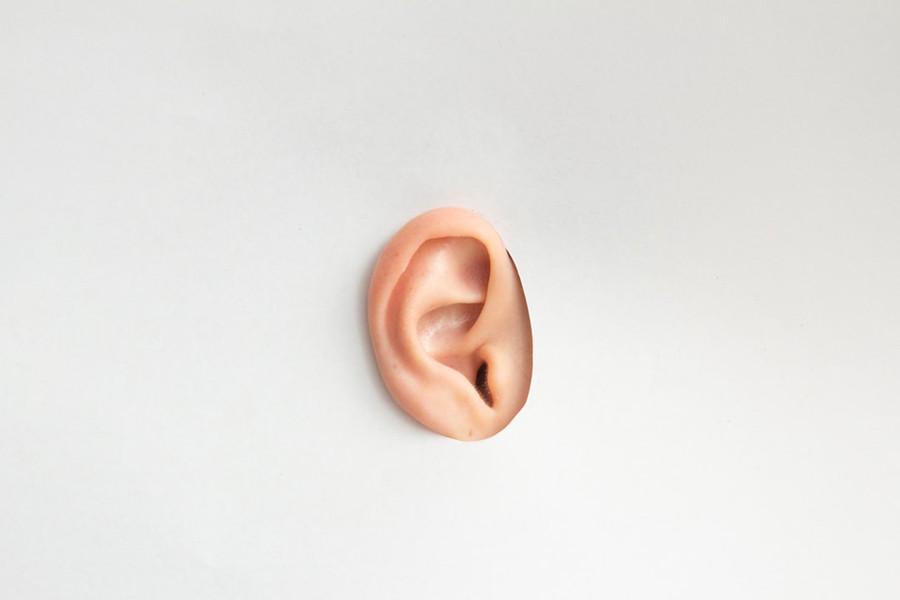Reflective Listening
Asking question after question can turn a conversation into an interrogation and provoke defensiveness. So you want to use reflective listening about twice as often as you ask. This is our most commonly used tool in MI. Basically, it’s making a guess about what the person means, to reflect what they just said. “So you’re feeling uncomfortable.” This clarifies and communicates understanding.
Taking a cue from therapists, it also helps to ask them how they felt, while you listen to their stories.
103
678 reads
The idea is part of this collection:
Learn more about psychology with this collection
How to handle conflicts
How to identify and regulate emotions
How to develop self-awareness
Related collections
Read & Learn
20x Faster
without
deepstash
with
deepstash
with
deepstash
Personalized microlearning
—
100+ Learning Journeys
—
Access to 200,000+ ideas
—
Access to the mobile app
—
Unlimited idea saving
—
—
Unlimited history
—
—
Unlimited listening to ideas
—
—
Downloading & offline access
—
—
Supercharge your mind with one idea per day
Enter your email and spend 1 minute every day to learn something new.
I agree to receive email updates
